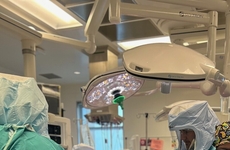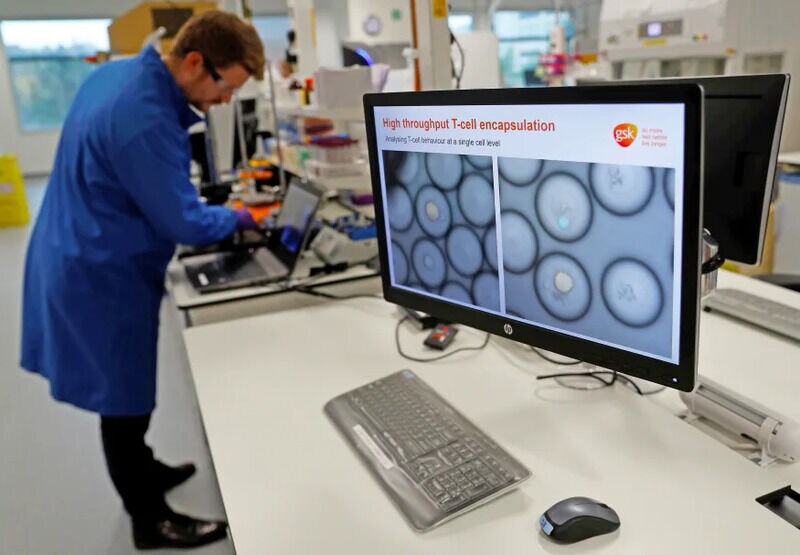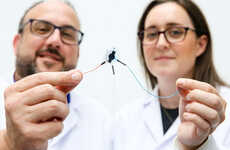
Researchers at Standford Develops Staphylococcus Epidermidis
Researchers at Standford Medicine make an exciting new discovery in the form of the Staphylococcus epidermidis bacteria. This could possibly lead to a new progression in cancer treatments in the near future. When they conducted tests, they altered the genomes of skin-based microbes in order to combat cancer. These microbes were swabbed on mice with cancer and the tumors began to disappear.
Michael Fischbach, PhD and an associate professor of bioengineering at Stanford speaks about the experiment, stating “It seemed almost like magic. These mice had very aggressive tumors growing on their flank, and we gave them a gentle treatment where we simply took a swab of bacteria and rubbed it on the fur of their heads.”
Image Credit: REUTERS, Peter Nicholls
Michael Fischbach, PhD and an associate professor of bioengineering at Stanford speaks about the experiment, stating “It seemed almost like magic. These mice had very aggressive tumors growing on their flank, and we gave them a gentle treatment where we simply took a swab of bacteria and rubbed it on the fur of their heads.”
Image Credit: REUTERS, Peter Nicholls
Trend Themes
1. Genome Engineering of Microbes - The use of engineered microbes to achieve specific goals, such as fighting cancer.
2. Microbial Cancer Treatments - The development of bacterial treatments for cancer that could offer effective alternatives to traditional methods.
3. Skin-based Microbes for Cancer Treatment - The use of skin-based microbes as a cancer treatment, resulting in tumor regression.
Industry Implications
1. Pharmaceuticals - The pharmaceutical industry could benefit from the development of new cancer treatments using engineered microbes.
2. Biotechnology - Biotech companies may find opportunities to develop new therapies using the genome engineering of microbes.
3. Personalized Medicine - Microbes could provide personalized cancer treatments tailored to individual patients.
3.5
Score
Popularity
Activity
Freshness























